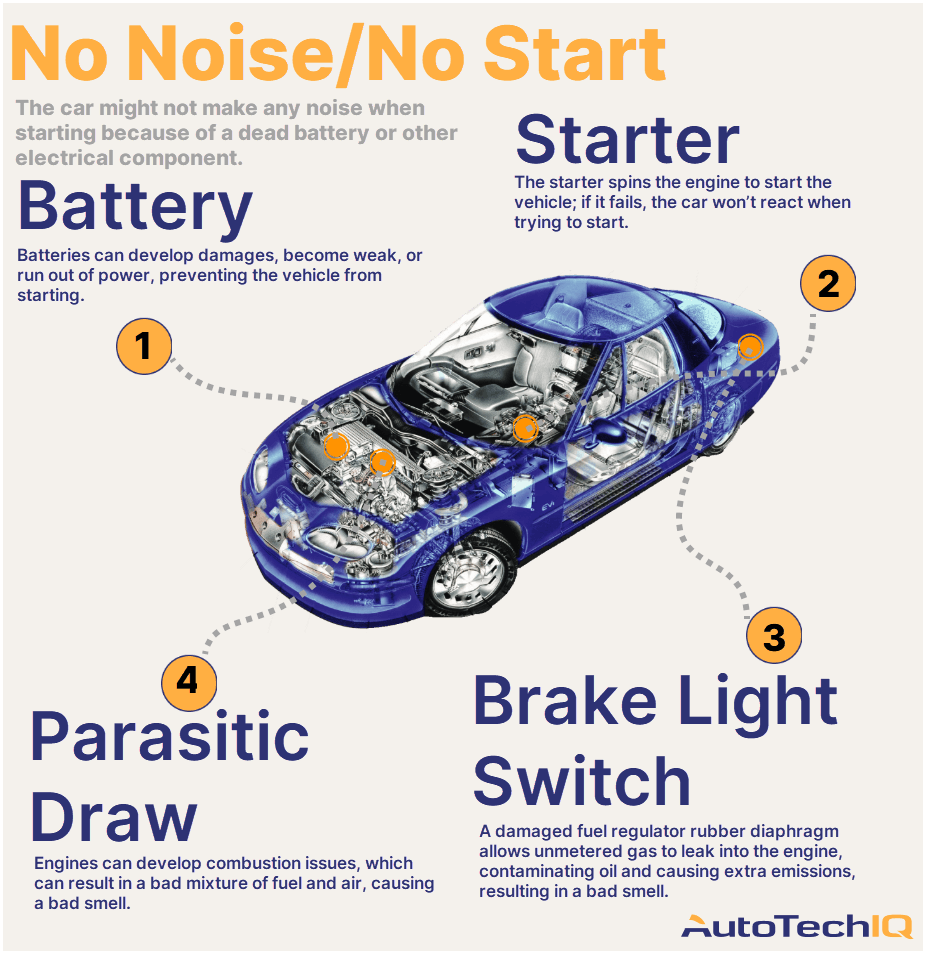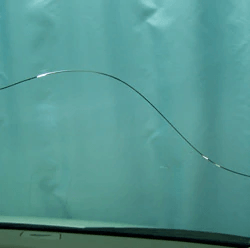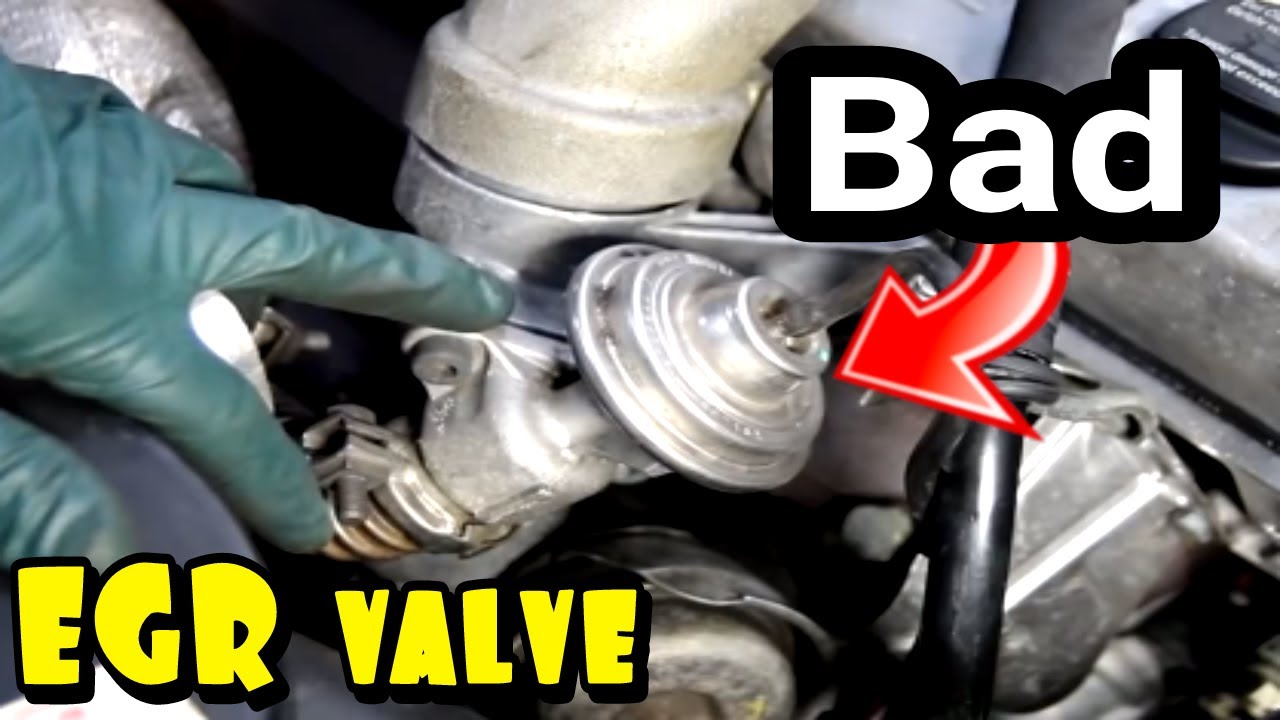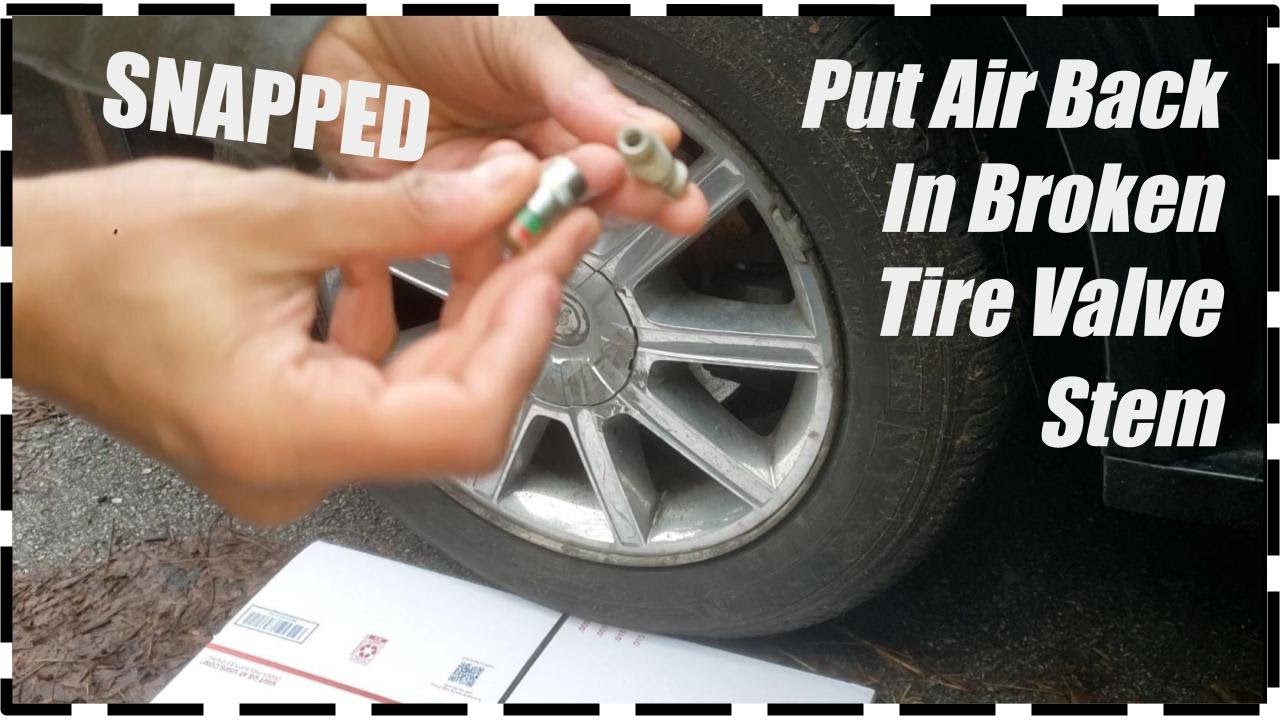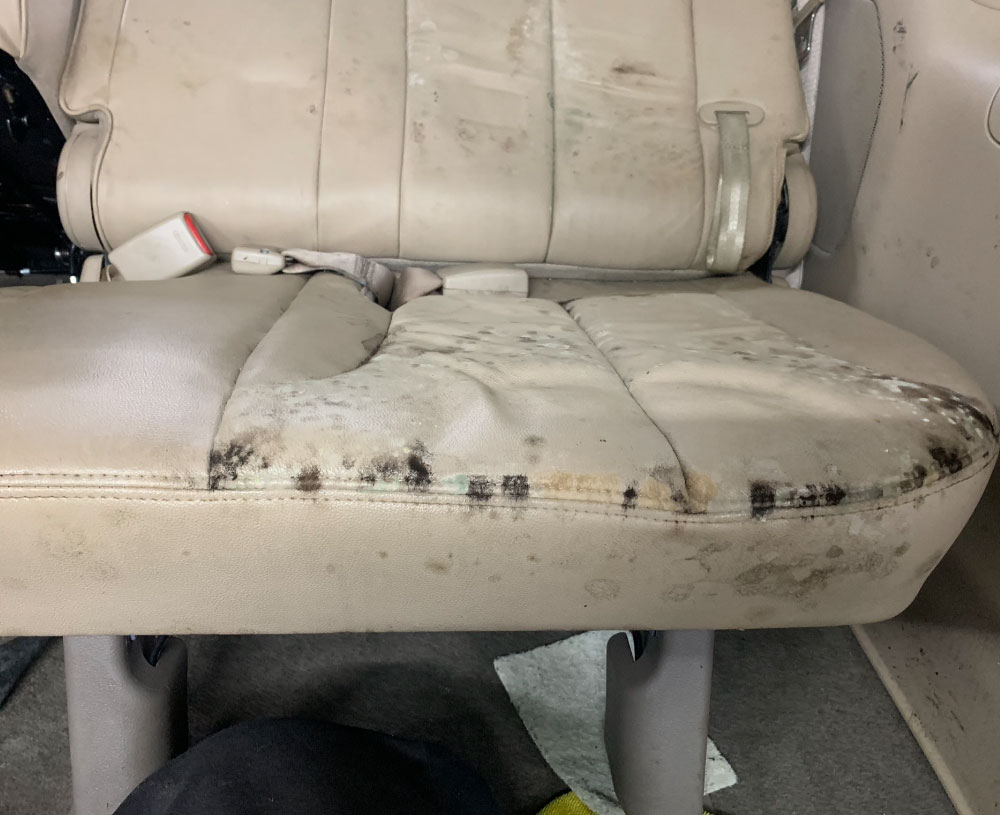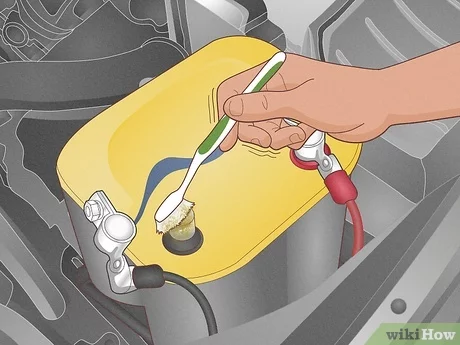Can a Weak Battery Cause a Car Not to Start
Yes, a weak battery can cause a car not to start. A sufficient charge is crucial for ignition.
A car’s heartbeat lies in its battery, providing the essential power to ignite the engine and start the vehicle. A weak or failing battery is often the culprit behind a car’s reluctance to start, leaving drivers frustrated and stranded. Understanding the significance of a healthy car battery is paramount, as it not only starts the engine but also stabilizes electrical currents to keep the vehicle running smoothly.
As such, regular checks and maintenance can prevent unexpected hiccups. Car owners need to recognize the signs of a weak battery, which include slow engine crank, dimming headlights, and the dreaded click sound upon turning the ignition key. Taking proactive steps to ensure your battery is in top condition not only aids in reliable ignition but also extends the life of your car’s electrical systems.
Signs Of A Weak Battery
A weak battery in a car is like a fading flashlight. It struggles to shine. It often leads to a car that won’t start. Recognizing these signs can save a driver from getting stuck.
Struggling To Turn Over The Engine
The most telling sign of a weak battery is an engine that cranks slowly. This struggle is the battery trying hard but failing to spark the engine to life. Each slow crank is a clear cry for help or a possible replacement.
Dim Headlights And Dashboard Lights
Headlights and dashboard lights can reveal a lot. When these lights dim, especially during startup, it indicates weakness. It points directly to the battery’s inability to supply enough power.
| Sign | Explanation | Action |
|---|---|---|
| Slow Engine Crank | Engine takes longer to start | Test battery charge |
| Dim Lights | Lights are not fully bright | Measure battery power |
Other signs of a weak battery may include:
- Clicking noises when turning the key
- Needing to press the gas pedal to start
- Backfiring
Cars with a weak battery require immediate attention. Have a professional test the battery. This can prevent unexpected breakdowns and ensure safety on the road.
How A Battery Affects Car Start-up
Picture this: you turn the key, and your car refuses to roar to life. This frustrating situation often traces back to a common issue—a weak or dead car battery. Understanding the role of a car’s battery in start-up is vital. Let’s explore how this essential component keeps you on the go.
Role Of The Battery In Engine Ignition
The battery is the heart of the start-up process. When you ignite your car, the battery releases electrical energy. It powers up the starter motor, which then cranks the engine to life. Without a strong battery:
- The starter motor struggles to turn over the engine
- Ignition systems receive inadequate power
- Engine does not start efficiently
Electrical Systems And Battery Dependency
Your vehicle’s electrical systems rely on the battery for proper function. The battery supplies power to:
- Lights
- Infotainment systems
- Dashboard indicators
- Other electronic systems
With a weak battery, these systems may not perform or could fail, leaving you stuck.
Diagnosing A Car That Won’t Start
When a car won’t start, the battery is often the suspect. A weakened battery can struggle to provide the power necessary to crank the engine. Diagnosing the issue promptly can save time and avoid potential headaches. A systematic approach helps identify if the battery is to blame. Simple tools and keen observation are key.
Visual Battery Inspection
Start the diagnosis with a visual inspection of the battery. Look for obvious signs of damage or corrosion. Check the connections to ensure they’re secure and clean. Note any bulging or leaks, as these could indicate a battery nearing the end of its life.
- Check for corrosion on the terminals.
- Ensure cables are tight and intact.
- Inspect the battery case for cracks or bulges.
Testing Battery Voltage
Moving beyond the visual, testing the battery’s voltage is crucial. A healthy battery should read about 12.6 volts when the car is off. Anything significantly lower suggests a discharged or faulty battery. Use a multimeter for this test:
- Set the multimeter to the DC voltage setting.
- Connect the red lead to the positive battery terminal.
- Connect the black lead to the negative terminal.
- Read the multimeter display for voltage.
| Battery Status | Voltage Reading |
|---|---|
| Full Charge | 12.6 – 12.8 V |
| Needs Charge | Less than 12.4 V |
| Potentially Defective | Less than 12 V |
If the readings fall short, it points to a battery issue. Consider recharging or replacing the battery.

Credit: www.autotechiq.com
Common Misconceptions About Car Start Failures
Car start failures lead to quick blame on the battery. But, other parts can cause similar issues.
Starter Motor Confusion
Starter Motor Confusion
Many think a silent car means a dead battery. Not always true. The starter motor could be at fault.
- Battery: Powers the starter motor.
- Starter: Cranks the engine.
If you hear a clicking sound, the starter motor might be receiving power but failing to engage.
Alternator Versus Battery Issues
Alternator Versus Battery Issues
Confusion often arises between battery and alternator issues.
| Battery | Alternator |
|---|---|
| Stores electrical power | Recharges the battery while the car runs |
| Needed to start the car | Keeps car running after it starts |
A weak battery might turn on lights. But, it might not start the car.
Alternator problems manifest once the car is running and fail to recharge the battery.
Maintaining Your Car’s Battery
Car problems can be a real headache. A weak battery could mean your car won’t start. It’s important to look after your car’s battery. Taking care of your car’s battery can save you time and money.
Regular Check-ups
It’s vital to check your battery often. Small checks make a big difference. Here’s what to do:
- Visual Inspection: Look for leaks or damage.
- Clean Terminals: Keep terminals free of corrosion.
- Test Battery: Measure voltage and capacity.
Proper Charging Techniques
Charging your battery right is key. The wrong charge can hurt the battery. Follow these steps:
- Right Charger: Always use a compatible charger.
- Regular Charging: Don’t let the charge run too low.
- Avoid Overcharging: It can reduce battery life.
Follow the manual for the best results. Good battery care means no surprises on cold mornings!
When To Seek Professional Help
A weak car battery can often be the culprit behind your car failing to start. Yet, sometimes the issues are more complex than a simple battery recharge or replacement. Recognizing when to call an expert is crucial for your vehicle’s health and your safety.
Symptoms Of Serious Electrical Problems
Not all starting issues are due to a weak battery. Here are signs you may face a serious electrical problem:
- Dimming headlights or interior lights which indicates charging issues.
- Clicking sounds when turning the ignition could signal a faulty starter.
- Frequent battery problems even after replacement suggests a deeper issue.
- Electrical components not working, like radio or windows, might reflect major malfunctions.
- Smell of burning wires which is often a sign of short circuits or overloaded systems.
Experience any of these? It’s time to seek professional help.
Finding A Reliable Mechanic
Picking the right mechanic is essential. Here’s a quick guide to find a trustworthy expert:
| Tip | Action |
|---|---|
| Read Reviews | Check online feedback and ratings. |
| Verify Certifications | Ensure mechanics have proper qualifications. |
| Ask for Referrals | Get suggestions from friends and family. |
| Shop Around | Compare services and prices from different shops. |
| Question Warranty | Inquire about guarantees on work performed. |
With these tips, you’ll find a mechanic that gets your car running smoothly in no time.

Credit: www.detroitnews.com
Frequently Asked Questions Of Can A Weak Battery Cause A Car Not To Start
Can A Weak Battery Stop Engine Ignition?
A weak battery may lack the power necessary to turn the engine starter motor, preventing the car from igniting. It’s essential for car ignition as the battery provides the initial energy required to start the engine.
How Does A Battery Affect Car Starting?
The battery delivers the electrical charge needed to power the starter motor. If the charge is insufficient due to battery weakness, the starter won’t function, and the car won’t start. It’s the main electricity source for the ignition process.
What Symptoms Indicate A Weak Car Battery?
Symptoms of a weak battery include slow engine crank, dim headlights, and the need for frequent jump starts. Also, the dashboard battery warning light might illuminate. These signs suggest it’s time to check or replace the battery.
Can Jumpstarting Always Fix A Weak Battery?
Jumpstarting can help a weak battery by providing the necessary power to start the engine. However, it’s a temporary fix. If the battery is old or damaged, it will likely require replacement for consistent performance.
Conclusion
A weak battery often spells trouble for ignition. Quick, yet potent in message, remember: car start issues can trace back to battery health. Seek timely checks and maintenance for a reliable start every time. Prioritize this small but crucial detail to ensure your vehicle remains ready to power your journeys.

